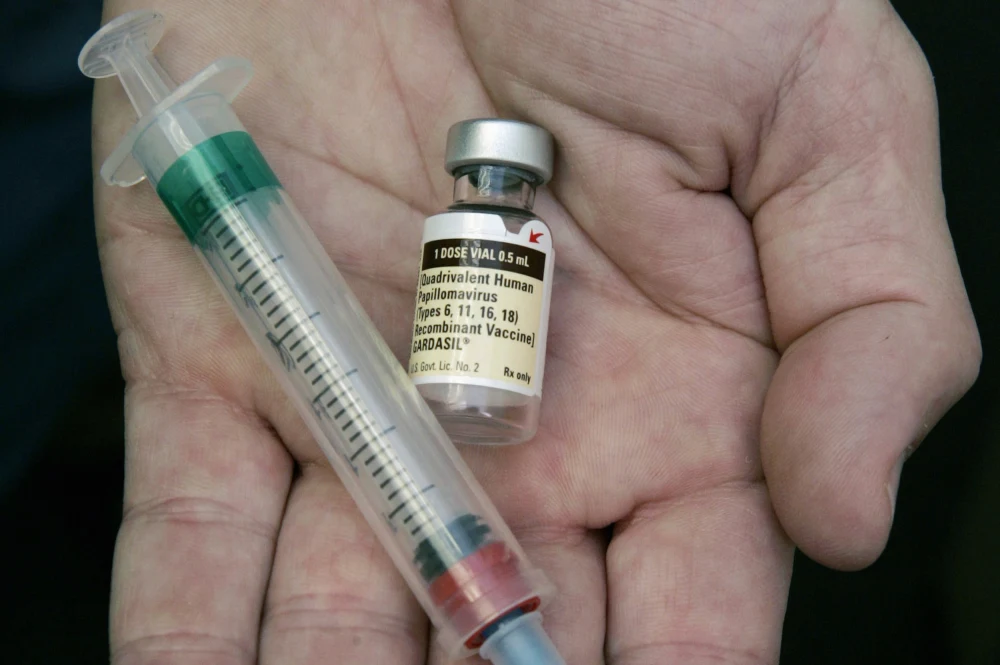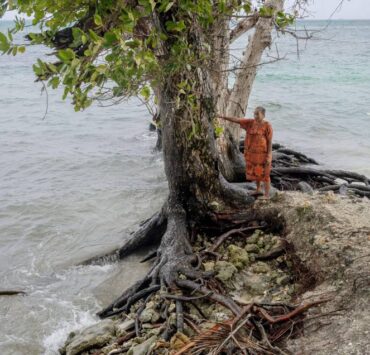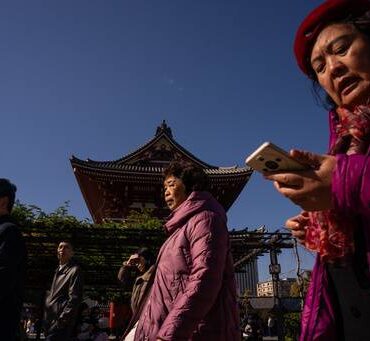HPV vaccine cuts cervical cancer risk by 80% for girls under 16, study shows

An international team of researchers said on Monday that receiving the human papillomavirus (HPV) vaccine by age 16 reduces the risk of developing cervical cancer by 80 percent.
The finding by the team from Cochrane, a nonprofit network of health researchers and professionals, is based on data from about 132 million people in 225 studies released worldwide as of September last year.
The team found that the vaccination does not increase the risk of commonly cited side effects such as postural orthostatic tachycardia syndrome, myalgic encephalomyelitis, chronic fatigue syndrome, paralysis, premature menopause and infertility, it said.
The study suggests that the vaccination at ages before experiencing sexual intercourse not only prevents HPV infection and precancerous lesions, but also cervical cancer itself, one of the most common cancers among women, it said.
In Japan, about 11,000 women are diagnosed with cervical cancer every year and around 3,000 of them die from it. The HPV vaccine is part of the country’s routine immunization program for girls at ages equivalent to sixth grade and the first year of high school.

















